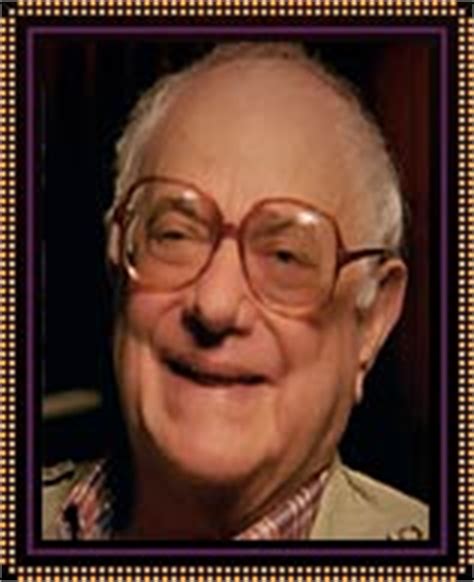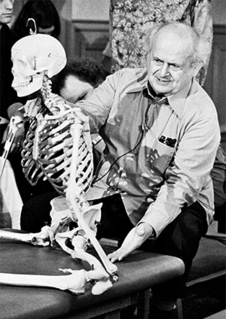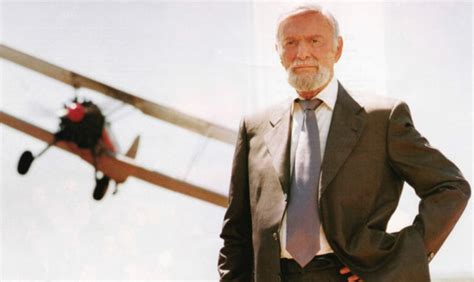A Quote by Peter Stone
There are some actresses who cannot function on the set without having a close relationship with their directors. Their way of communicating with the director is through intimacy. It doesn't necessarily have to do with any physical act; it has more to do with achieving a closeness that they find very valuable.
Related Quotes
Our moment had passed somehow. I was different. He was, too. Without our “madness” to unite us, there wasn’t anything much there. Or maybe too much had happened in too short a time. It’s like when you take a trip with someone you don’t know very well. Sometimes you can get very close very quickly, but then after the trip is over, you realise all that was a false sort of closeness. An intimacy based on the trip more than the travellers, if that makes any sense.
You have to understand that people feel threatened by a writer. It's very curious. He knows something they don't know. He knows how to write, and that's a subtle, disturbing quality he has. Some directors without even knowing it, resent the writer in the same way Bob Hope might resent the fact he ain't funny without twelve guys writing the jokes. The director knows the script he is carrying around on the set every day was written by someone, and that's just not something that all directors easily digest.
The bigger the budget, the more people that you have to coordinate and it's not easy to do that always because, not only do people have trouble communicating in that way, but often there are internal disagreements and everybody is not necessarily on the same page. Even in a big-budget movie with famous actors and directors, everybody could be on a completely different page. The director has to figure out a way of getting everybody on the same page, more or less, and keeping them there.
I met Peter Brook, the theater director, who's been based in Paris for many years at the Bouffes du Nord. I admire him tremendously. Some years ago, he was in New York, and he gave an interview with The Times, and what he said was this: "In my work, I try to capture the closeness of the everyday and the distance of myth. Because, without the closeness, you can't be moved, and without the distance, you can't be amazed." Isn't that extraordinary?
There are all very different directors. Some are more specific, some are calmer than others when the pressure is on, some use more colorful language and they all communicate differently. But they all have love and care in common. They are all artists. And they have voices that I believe shine through within their films. To add to that, as a director myself I have learned so much from all three. I would like to thank them for that.
You find that you have to do many things, more than just lift up the camera and shoot, and so you get involved in it in a very physical way. You may find that the picture you want to do can only be made from a certain place, and you're not there, so you have to physically go there. And that participation may spur you on to work harder on the thing, . . . because in the physical change of position you start seeing a whole different relationship.
The ways in which management can express appreciation for an employee's contribution are without end; the key is to act in ways that communicate Thanks! That was a great job! We can really count on you! It's great having you here! While some people love having plaques to hang on their personal Wall of Fame and they adore being acknowledged at a formal Recognition Banquet and some people are only interested in money, I find the most effective forms of recognition are personal and either spontaneous or very close in time to a significant accomplishment.
Try to relax, and you will find out that you feel more tense than ever. Try harder and you will feel more tense and more tense. Relaxation is not a consequence, is not a result of some activity; it is the glow of understanding. This is the first thing I would like to relate to you: life is purposeless. It is very hard to accept it. And why is it so hard to accept that life is purposeless? It is hard because without purpose the ego cannot exist. It is hard to conceive that life has no goal because without any goal being there, there is no point in having a mind, in having an ego.
To do any important work in physics a very good mathematical ability and aptitude are required. Some work in applications can be done without this, but it will not be very inspired. If you must satisfy your "personal curiosity concerning the mysteries of nature" what will happen if these mysteries turn out to be laws expressed in mathematical terms (as they do turn out to be)? You cannot understand the physical world in any deep or satisfying way without using mathematical reasoning with facility.






































